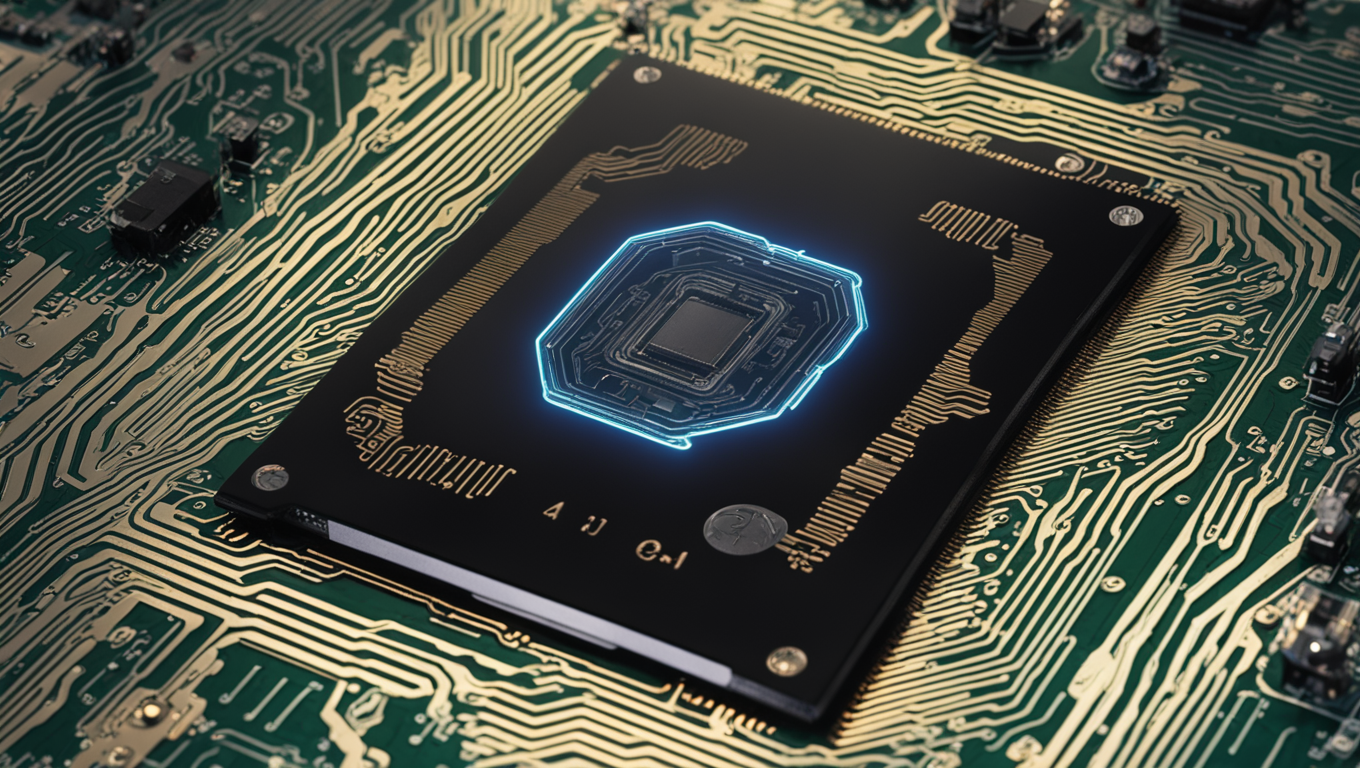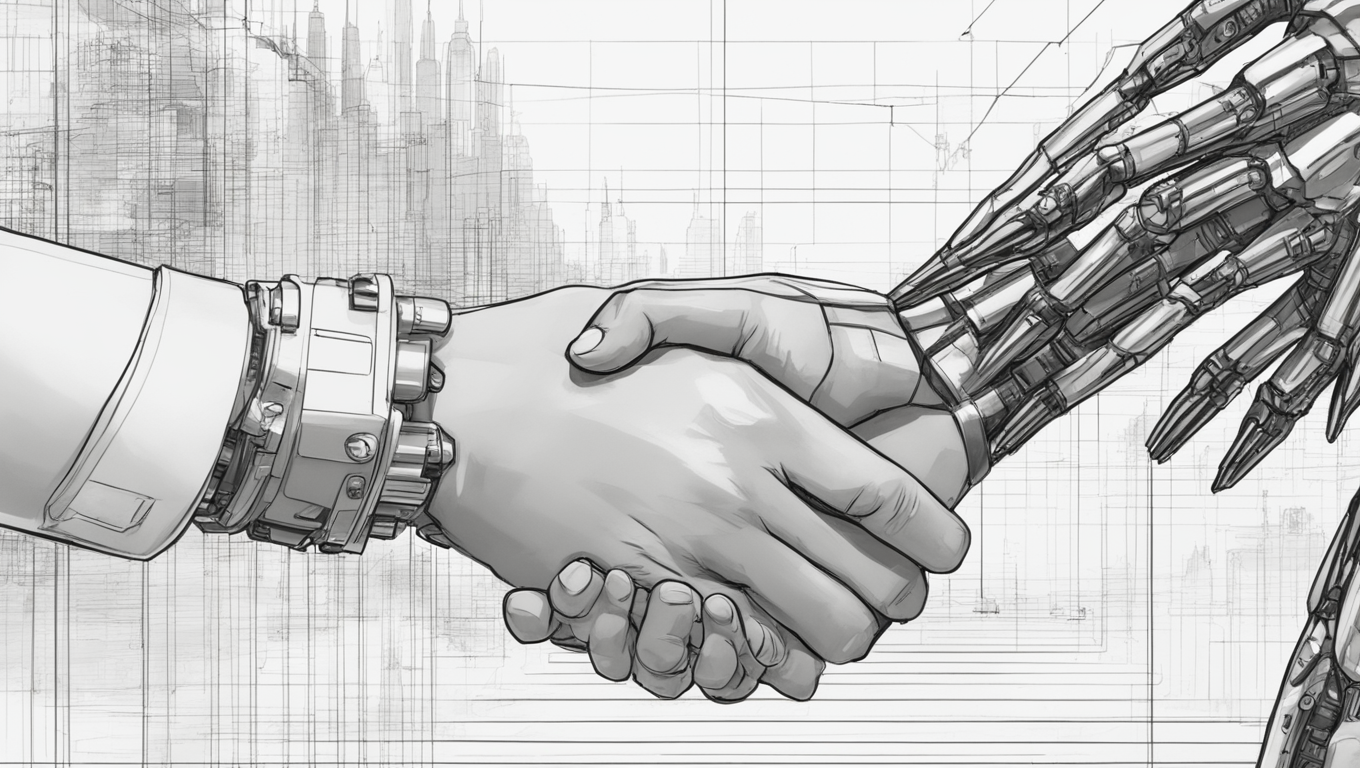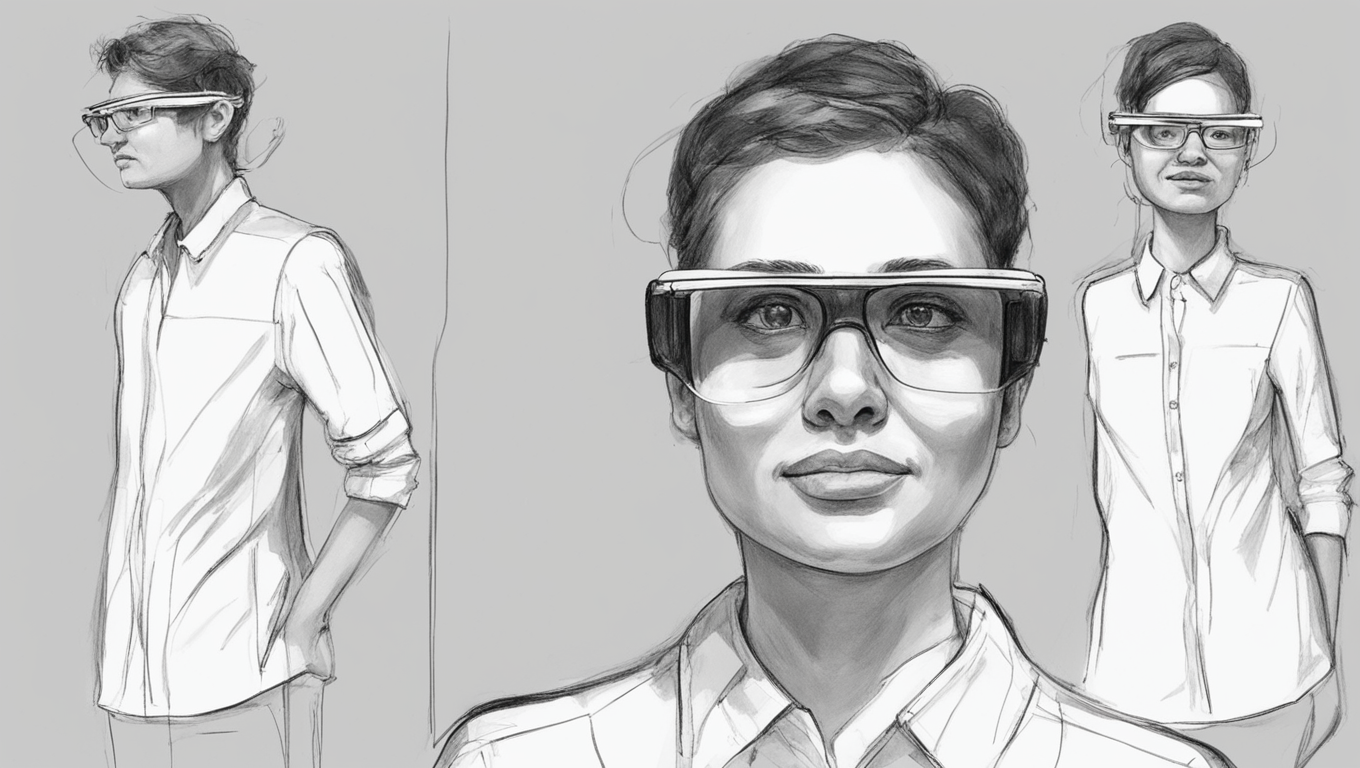OpenAI, the company behind ChatGPT, is considering the development of its own artificial intelligence chips, according to sources familiar with the matter. The company is evaluating potential acquisition targets, although no decision has been made to move forward. OpenAI has been exploring various options to address the shortage of expensive AI chips it relies on. These options include building its own chip, collaborating more closely with chipmakers like Nvidia, and diversifying its suppliers beyond Nvidia.
CEO Sam Altman has prioritized acquiring more AI chips for the company due to the scarcity of graphics processing units (GPUs), which are crucial for running AI applications. Nvidia currently controls over 80% of the global market for these chips. The shortage of GPUs and the high costs associated with running the necessary hardware are major concerns for Altman. To develop its generative AI technologies, OpenAI has been using a supercomputer constructed by Microsoft, using 10,000 of Nvidia’s GPUs. However, running ChatGPT is expensive, with each query costing approximately 4 cents.
By exploring the development of its own AI chips, OpenAI would join a select group of tech giants such as Google and Amazon that have sought to design chips crucial to their businesses independently. Building custom chips would be a significant strategic initiative and a substantial investment that could cost hundreds of millions of dollars annually. An acquisition of a chip company could expedite the process, similar to Amazon’s acquisition of Annapurna Labs in 2015. OpenAI has already performed due diligence on a potential acquisition target, although the identity of the company remains undisclosed.
However, even if OpenAI proceeds with its plans for a custom chip, the process is likely to take several years. In the meantime, the company would still depend on commercial providers like Nvidia and Advanced Micro Devices. Building custom processors has proven challenging for some tech companies, as Meta’s custom chip project faced obstacles, resulting in the abandonment of some AI chips. Facebook is now developing a new chip that will cover various types of AI work. Microsoft, OpenAI’s primary backer, is also working on a custom AI chip for testing purposes.
The demand for specialized AI chips has surged since the launch of ChatGPT. These chips, known as AI accelerators, are essential for training and running cutting-edge generative AI technology. Nvidia has been one of the few chipmakers producing AI chips that are widely recognized as effective, giving it a dominant position in the market.
Overall, OpenAI’s exploration of developing its own AI chips highlights the company’s ambition to gain control over the fundamental components of its AI systems. While it is a significant undertaking with potential challenges and costs, it could ultimately position OpenAI to be more self-reliant and innovative in the long run, reducing its dependence on commercial chip providers.





Use the share button below if you liked it.